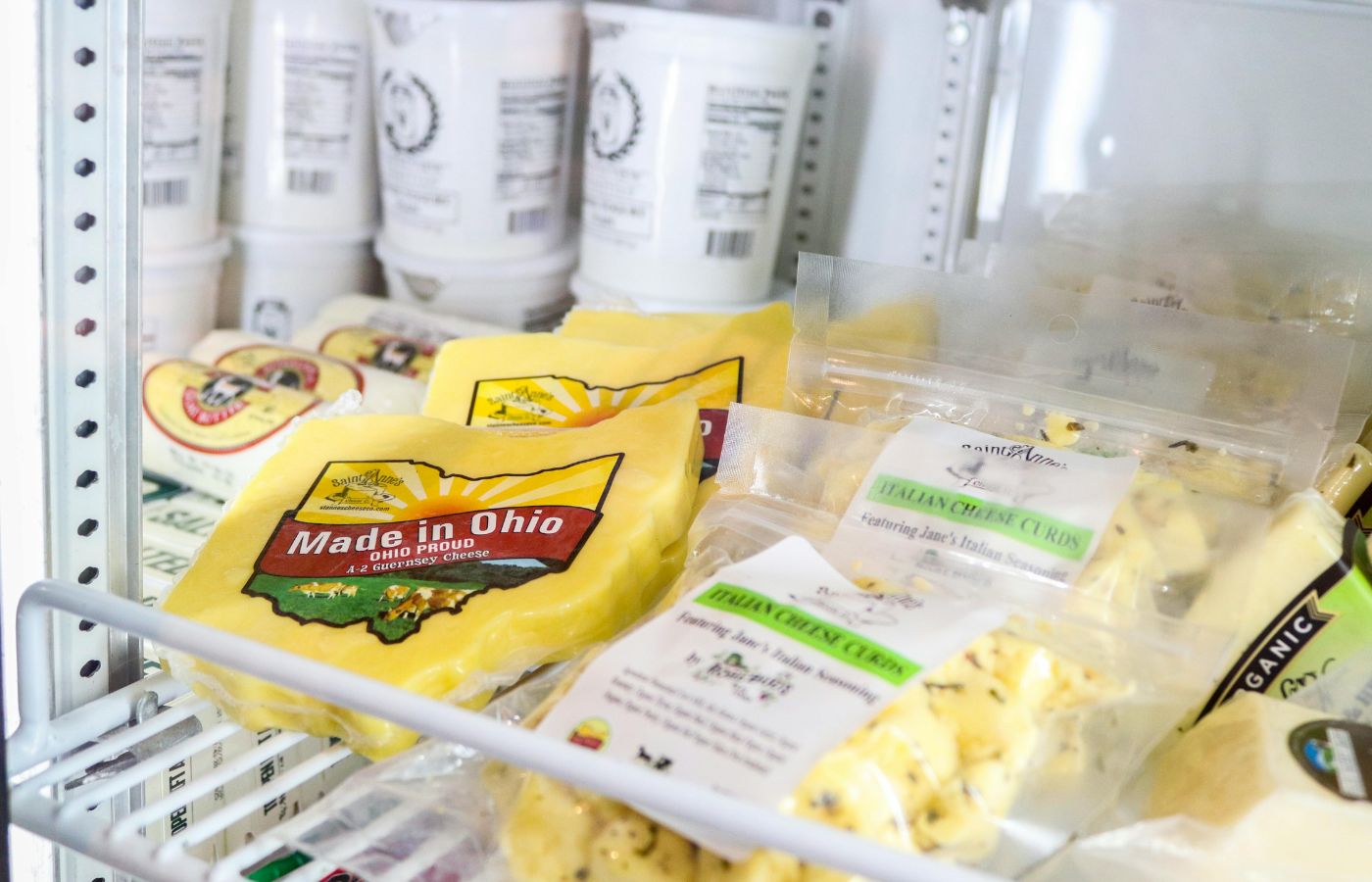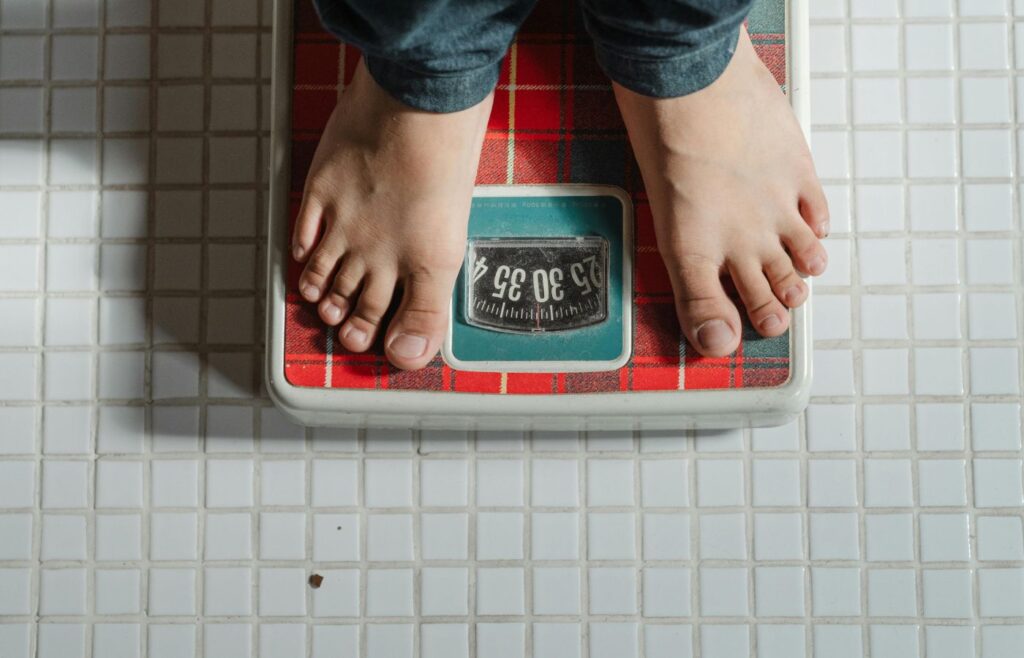Nutrition advice can feel like a game of telephone. One person hears something at the gym, another reads a headline, and suddenly it becomes “truth.” The problem? A lot of what people believe about food is outdated, oversimplified, or just plain wrong.
These myths stick around because they’re easy to remember and hard to challenge. But if you want to eat in a way that truly supports your health, it’s time to separate fact from fiction.
Myth 1: Carbs Make You Gain Weight
Carbohydrates are not the enemy. Your body uses them as a primary energy source. Whole carbs like oats, brown rice, quinoa, fruits, and vegetables are packed with fiber, vitamins, and minerals.
What causes weight gain is a calorie surplus, not carbs alone. Highly processed carbs—like sugary snacks and white bread—can spike blood sugar and lead to overeating, but complex carbs are essential for balanced nutrition.
What to believe instead: Carbs are part of a healthy diet. Choose whole, minimally processed sources and pair them with protein and fat for sustained energy.
Myth 2: You Need to Eat Every 2–3 Hours to Boost Metabolism
This idea was popular in the early 2000s, but science doesn’t back it up. Eating more often doesn’t significantly raise your metabolism. What matters more is total calorie intake, food quality, and how your meals are spaced throughout the day.
Some people do well with three solid meals. Others prefer smaller meals and snacks. The best eating schedule is the one that works for your energy, hunger, and routine.
What to believe instead: Your metabolism is not tied to how often you eat. Find a rhythm that supports your lifestyle and keeps you satisfied.
Myth 3: Fat Is Bad for You
For years, fat was demonized. But now we know that healthy fats are essential for hormone production, brain function, and nutrient absorption. Avocados, nuts, seeds, olive oil, and fatty fish all support heart and metabolic health.
What you should avoid are trans fats and excessive amounts of highly processed oils, which are found in many fast foods and packaged snacks.
What to believe instead: Fat is your friend—especially when it comes from whole, unprocessed sources.
Myth 4: Fresh Produce Is Always Better Than Frozen
Frozen fruits and vegetables are picked at peak ripeness and flash-frozen to preserve nutrients. In many cases, they’re just as healthy as fresh—and sometimes even better if the fresh version has been sitting around too long.
Plus, frozen produce can save time, money, and reduce food waste.
What to believe instead: Frozen is a smart, nutritious choice. Stock up without guilt.
Myth 5: You Need to Detox After Eating “Bad” Foods
Your body already has a detox system—your liver, kidneys, lungs, and skin. You don’t need expensive juices, powders, or fasts to “reset” after a weekend of indulgence.
Restricting food to punish yourself can lead to a harmful cycle. Instead, focus on consistent, supportive habits like staying hydrated, eating fiber-rich foods, and getting good sleep.
What to believe instead: Your body is built to recover. Nourish it, don’t punish it.
Myth 6: High-Protein Diets Damage Your Kidneys
This myth persists, but studies show that in healthy individuals, high-protein diets do not harm kidney function. The concern mostly applies to people with existing kidney disease.
Protein is important for muscle repair, immune function, and satiety. Most people benefit from eating more, not less—especially if they’re active.
What to believe instead: Protein is safe and necessary for most people. Include a variety of sources in your meals.
Myth 7: All Calories Are Equal
Technically, a calorie is a unit of energy. But how your body processes 100 calories of soda versus 100 calories of almonds is very different.
Calories from whole foods come with fiber, nutrients, and slower digestion. Highly processed foods often spike blood sugar, increase cravings, and don’t leave you feeling full.
What to believe instead: Quality matters. Not all calories have the same impact on your health or hunger.
Nutrition is not about following rules. It’s about building habits that support your energy, digestion, and long-term health. That means questioning old advice and making decisions based on science, not fear.
Let go of the myths. Trust your body. And focus on eating real food, consistently and with care. And for information on some of the healthiest diets in the world, check out The Longevity Kitchen: Foods That May Help You Live Longer (and Feel Younger).



